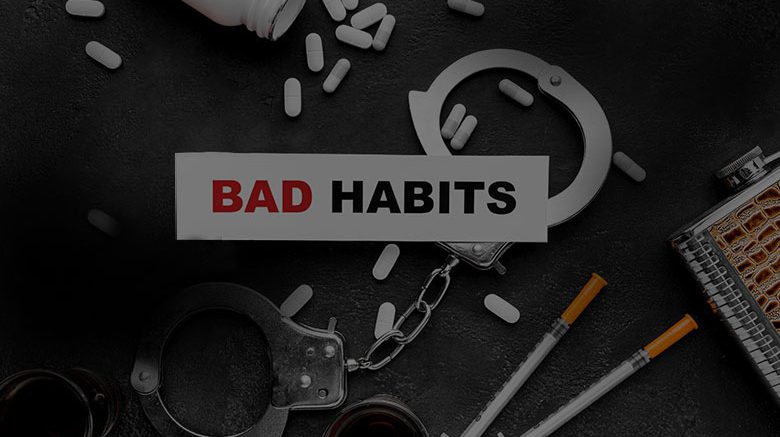Pleasure
People use alcohol because they enjoy the way it makes them feel, report doctors at the American Academy of Family Physicians (AAFP). The brain is wired to seek out enjoyable feelings and to repeat the process that made those reactions possible. Alcoholism is a disease that affects the brain, creating a craving for a repetition of the good sensations. Doctors at the AAFP say that the brain chemistry actually changes to seek out those pleasurable activities, causing the consciousness to lose control over the behavior that will provide them. Alcoholism, or an addiction to alcohol, results when the need for those repeated pleasurable sensations becomes stronger than the need for security. Consequences such as loss of relationships, jobs and freedom cannot overcome the brain’s desires to seek more pleasure.
Physical Changes
Doctors report that, over time, the balance of gamma-aminobutyric acid (GABA) and glutamate become altered. GABA inhibits impulsive behavior and glutamate causes the nervous system to become excited. Dopamine levels are also increased by alcohol, which cause the pleasure-seeking behaviors. Genetic markers also can contribute to alcoholism, as the disease tends to run in families. Those with a genetic tendency toward alcoholism are more likely to become addicted once they start drinking. Drinking also can block certain stress hormones, which add to the likelihood of addiction for those who use alcohol to combat stress.
Psychological Boost
Many people use alcohol to be socially accepted into various groups. Doctors report that people with low self-esteem often use alcohol to boost their confidence and fit in with their peers, which can lead to extended use and addiction. People with other mental disorders in addition to social phobias often turn to alcohol to self-medicate. Patients with depression, bipolar disorder and obsessive compulsive disorder commonly become addicted to alcohol after using the drug to decrease the intensity of their symptoms.
Excess
Addiction to alcohol is a process that evolves over time, often years. Drinking to excess for an extended period of time increases the likelihood of developing a dependence on the drug. Mayo Clinic doctors report that for men, 15 drinks or more a week can lead to a physical dependence, while women drinking 12 or more drinks per week are at risk for becoming alcoholics. Time frames vary between individuals and can be affected by heredity, the age when the drinking first began, environmental factors, such as drinking in the home, and other emotional and mental disorders.


